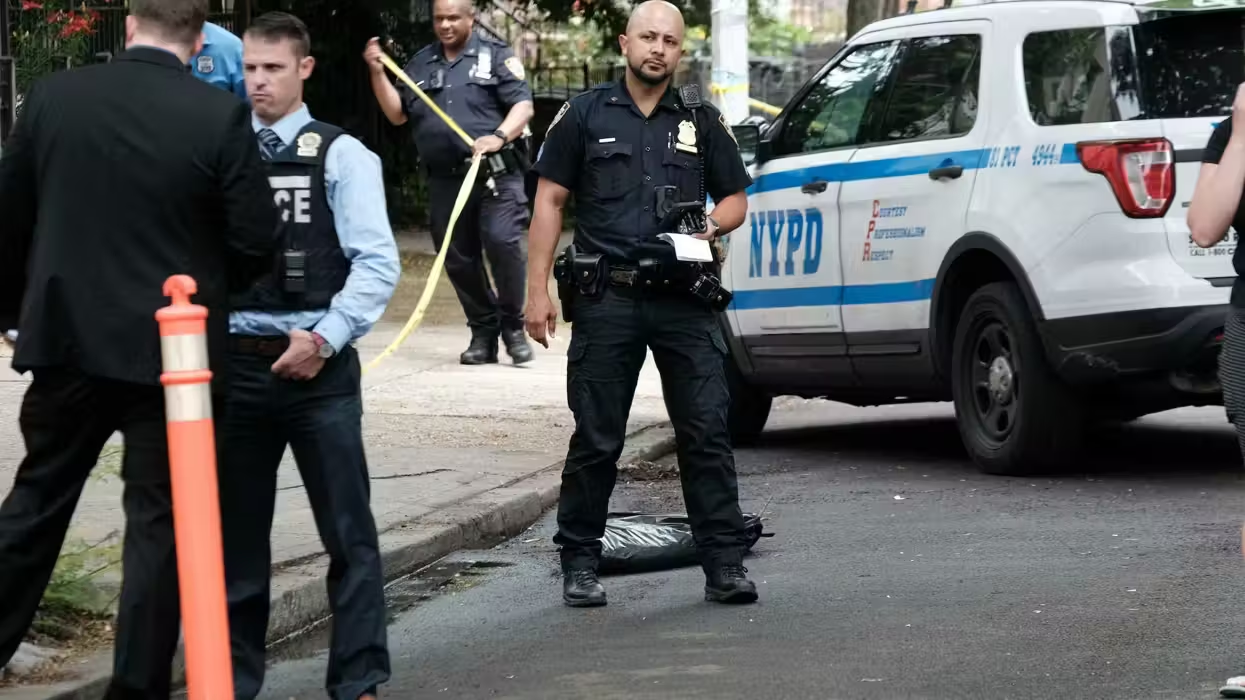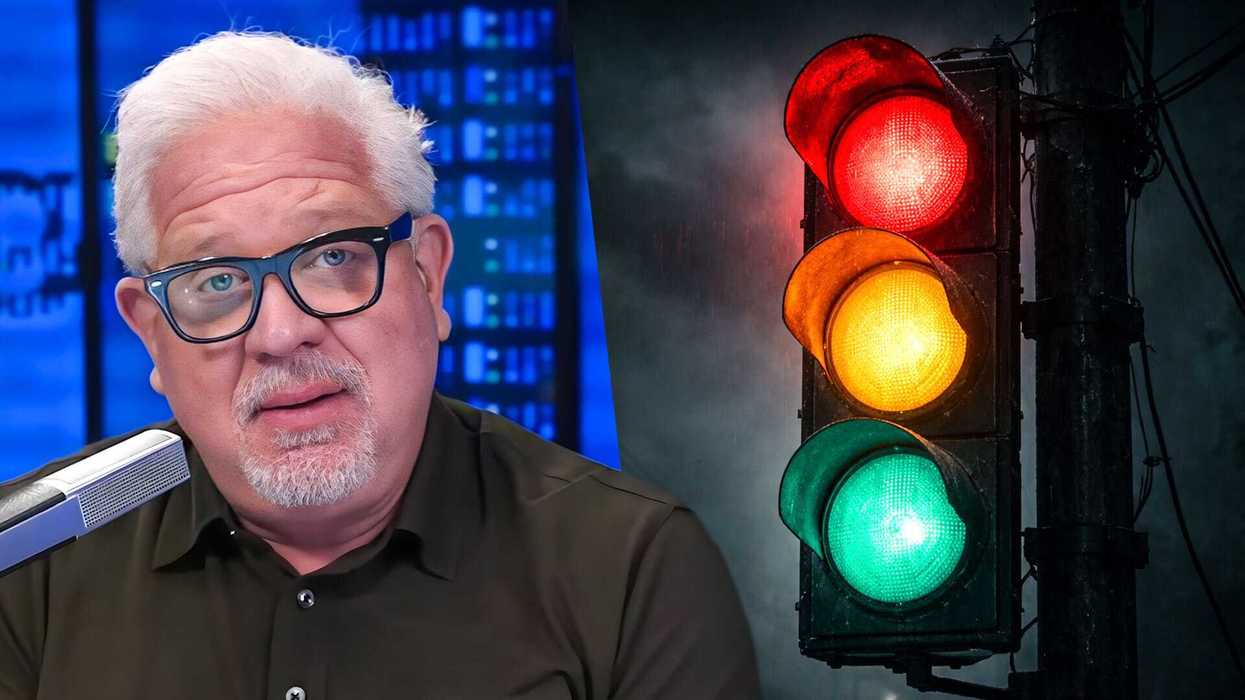The Supreme Court on Monday struck down a 1992 federal law that banned states from legalizing sports gambling. The Professional and Amateur Sports Protection Act kept states other than Nevada from authorizing betting on a single sports game.
After this ruling, the decision of whether or not to allow sports betting will be left solely up the governments of each individual state.
New Jersey is trying to be the first state to capitalize on this new freedom. Other states are expected to follow suit. New Jersey had been fighting for years to get the federal law overturned. Several professional sports leagues including the NCAA, NFL, NBA, NHL, and MLB fought to keep the existing law in place.
The Supreme Court heard this case after those five sports leagues sued the state of New Jersey in an attempt to preserve the law. According to the ruling:
“Congress can regulate sports gambling directly, but if it elects not to do so, each State is free to act on its own.”
The court ruled 6-3 in favor of New Jersey. Justices Ruth Bader Ginsburg and Sonia Sotomayor dissented, and Stephen Breyer dissented but agreed with parts of the ruling. The ruling cited the 10th amendment, and noted that “Congress cannot issue direct orders to state legislatures.”
“Congress can regulate sports gambling directly, but if it elects not to do so, each state is free to act on its own,” Justice Samuel Alito wrote in the majority opinion.
In the dissenting opinion, Ginsburg argued on behalf of herself and Sotomayor that Congress did in fact have the right to regulate gambling even at a state level. She also said that the court's approach in this ruling was the equivalent of taking “a wrecking ball” to PAPSA instead of just reforming it.
“The Court wields an ax to cut down §3702 instead of using a scalpel to trim the statute,” she wrote.
The New Jersey state government says that it hopes to get betting facilities up and running within a matter of weeks at racetracks and casinos.
This ruling could prove to be lucrative for the states that legalize it. The American Gaming Association estimates that illegal sports betting in the United States is a $150 billion a year industry.







